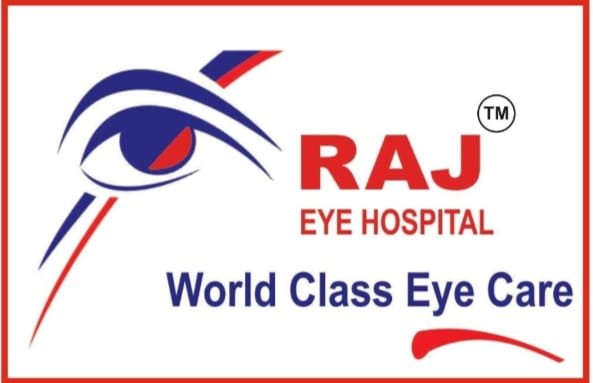- Email: rajeyehospital@gmail.com
- Near Chhatra Sangh Chauraha, Gorakhpur
- Call: +91-9956888777
Comprehensive Ophthalmology
- Home
- Comprehensive Ophthalmology
- Anaesthesiology
- Cataract Services
- Glaucoma Services
- Orbit surgeries
- Oculoplasty and reconstructive surgery
- Medical retina services
- Comprehensive Ophthalmology
- Ophthalmology emergency
- Surgical retina services
- Pediatric Ophthalmology
- Uvea services
- Cornea services
- Ocular Oncology
- Refractive Services
- Neuro ophthalmology
- Strabismus clinic
- Community Ophthalmology
- Neuro ophthalmology
What Is Ophthalmology?
Ophthalmology is the branch of medicine concerned with vision and the diseases and disorders of the eye. Doctors of ophthalmology are concerned with how infection, disease, trauma, or abnormalities of the eye affect vision, overall health, and quality of life.
What Is Comprehensive Ophthalmology?
Comprehensive ophthalmology is general ophthalmic care for all types of conditions of the eye. In addition to performing routine comprehensive eye exams, a comprehensive ophthalmologist can also provide medical or surgical eye care, including cataract surgery, which is the most performed surgery in the United States.
If you have been told you need cataract surgery, we encourage you to make an appointment with one of our physicians for an evaluation. You can search our directory to find a cataract surgeon.
What Is the Difference Between an Ophthalmologist and an Optometrist?
Ophthalmologists differ from optometrists in their training and their scope of practice.
An ophthalmologist completes at least eight years of medical training in addition to college and is licensed to diagnose and treat all eye diseases, perform eye surgery, and prescribe corrective lenses. Many ophthalmologists also search for treatments and cures for eye disease by undertaking scientific research. When necessary, comprehensive ophthalmologists will refer patients to ophthalmology sub-specialists.
Optometrists complete four years of optometry school after an undergraduate degree and provide primary vision care with a focus on eye exams, vision tests, and prescribing corrective lenses. Optometrists refer to ophthalmologists when issues arise that are beyond their training.

Contacts
- Raj Eye Hospital & PG Institute of Medical Sciences, Cantt Road Chatra Sangh Chauraha, Bansgaon Colony, Kalepur, Gorakhpur, Uttar Pradesh 273001
- +91-9415315845
- +91-9415315846
- +91-9956888777
- rajeyehospital@gmail.com

